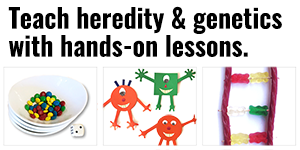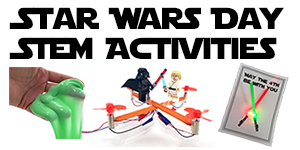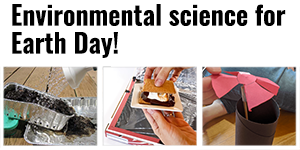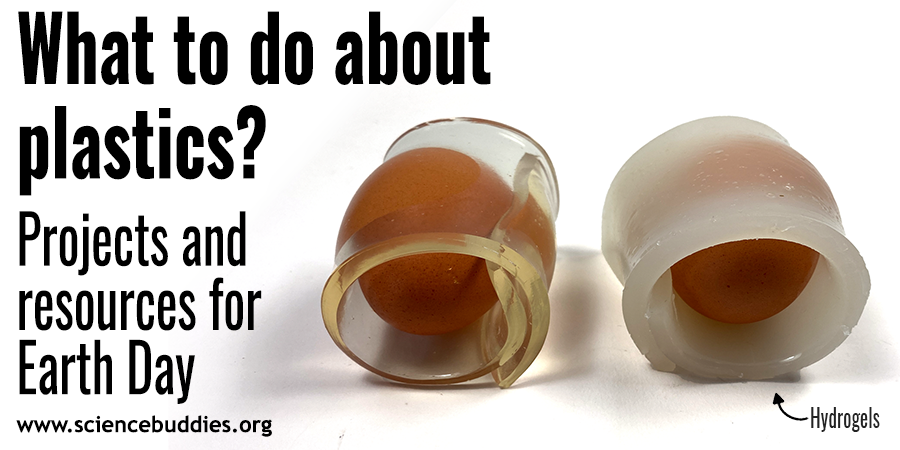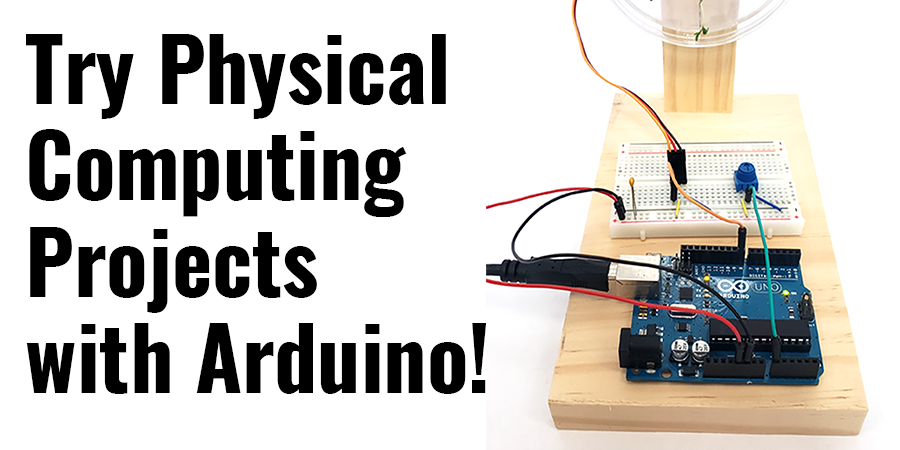Success Story: Renewable Energy Ignites the Imagination of a Young Chemist
A 6th-grader combines his interests in chemistry and renewable energy with a particular goal in mind: to save the world with science!
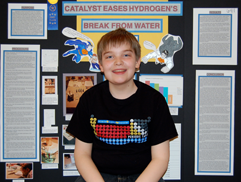
Matthew Early, pictured above, turned his enthusiasm for renewable energy into a winning science project. The "Water to Fuel to Water: The Fuel Cycle of the Future" Project Idea was developed by researchers at Massachusetts Institute of Technology (MIT) as part of a Science Buddies Academic Outreach Partnership. Partnerships like this one help make cutting-edge science, fresh from university laboratories, possible topics for K-12 student exploration.
Student Success Stories
To read about other inspiring student and teacher science project successes, visit the Science Buddies in Action page!
Fueling the Future
From rising ocean levels to extreme weather, global climate change continues to make headlines. As a result, interest in renewable energy, even among elementary and middle-school students, is on the rise. Drawn to the topic, Matthew Early completed his first renewable energy project in 4th grade when he studied salt's effect on the efficiency of electrolysis for hydrogen production. The following year, he continued his exploration of renewable energy by comparing the heat produced by vegetable and petroleum-based oils. Explains Matthew, "I want to use chemistry to try to make the world a better place. I want to save the world with science!"
Inspired by MIT Research
When it was time to choose his 6th grade project, Matthew, a student in Chicago, IL, turned to Science Buddies for another renewable energy challenge. While browsing through the chemistry section of the Project Ideas Index, the "Water to Fuel to Water: The Fuel Cycle of the Future" project captured his attention. This Project Idea, created by MIT as part of the Science Buddies Academic Outreach Program, lets students explore cutting-edge methods for storing renewable energy by breaking up water molecules into hydrogen and oxygen. Matthew was excited about working with such fresh and important research, and despite the complexity of the project, the accompanying video convinced him to give it a try. "After watching the video of the MIT researchers performing this experiment, I felt more confident that I could do and understand this project."
The Project Idea suggests trying cobalt as a catalyst for breaking up water molecules and then exploring other catalyst possibilities. After initial background research, Matthew decided to add nickel, manganese, copper, and iron to his project. Working with the manganese dioxide proved to be tricky. Matthew discovered too late that it is not water soluble, and it is magnetic, so it stuck to the stir bar and was tough to clean up. Another challenge was writing up his results, but throughout the process, Matthew found that Science Buddies made a great lab partner. "The Project Guide was especially helpful for forming my hypothesis and the overall question, and the Electronics Primer was very helpful for learning about breadboards and voltmeters, which were essential to my project."
Project Ignites Student Interest
When asked what he learned from his project, "So much!" is Matthew's enthusiastic response. "I learned all about alternative fuels. Not replacing our current fuels with alternative fuels has a large environmental and social impact.... Some alternatives, such as solar, wind, and hydrogen power have potential as readily available, clean, renewable energy sources, but many production, storage, and delivery issues need to be worked out."
Expanding his awareness of green issues was only part of what Matthew took away from this year's science project. He may have struggled to write up his research results, but when it comes to articulating the value of his hands-on exploration, he's got a ready list. "I learned about electronics...how to hook circuits up to a breadboard and a voltmeter and use them. I learned a lot about chemistry, especially about catalysts.... I also learned that chemistry is a part of everything, including the development of alternative fuels and how plants obtain food by photosynthesis, which is really another fuel. Chemistry is in nature! And, I learned about the importance of good writing and communicating about science...."
Matthew's enthusiasm about renewable energy paid off with a first place ribbon in the 6th grade division at his school. He also entered his project in the Rosalind Franklin Chemistry Contest, co-sponsored by Science Buddies and the Astellas USA Foundation. Matthew won first place in the 6th-8th grade boys' division.
Categories:
You Might Also Enjoy These Related Posts:
- Making Recycling Sorting Machines—STEM Success
- Mini Trebuchets and a NM MESA Challenge
- Helping Students Build Coding Skills with Drones and Self-Driving Cars
- Middle School Student Codes to Improve Life with Visual Impairment
- Student Science Project - Designing and Coding a Video Game to Help People with Alzheimer's
- Teacher Combines Computer Science and Engineering Design for Middle School Students - STEM Success Story
- A Mirror Maze Success Story
- Paper Roller Coasters and Energy Transformation: STEM Teacher Success Story


